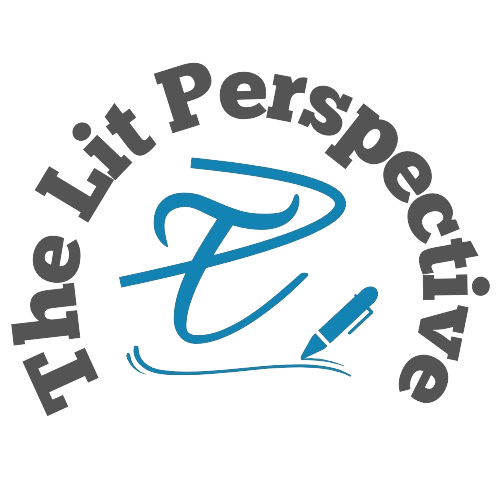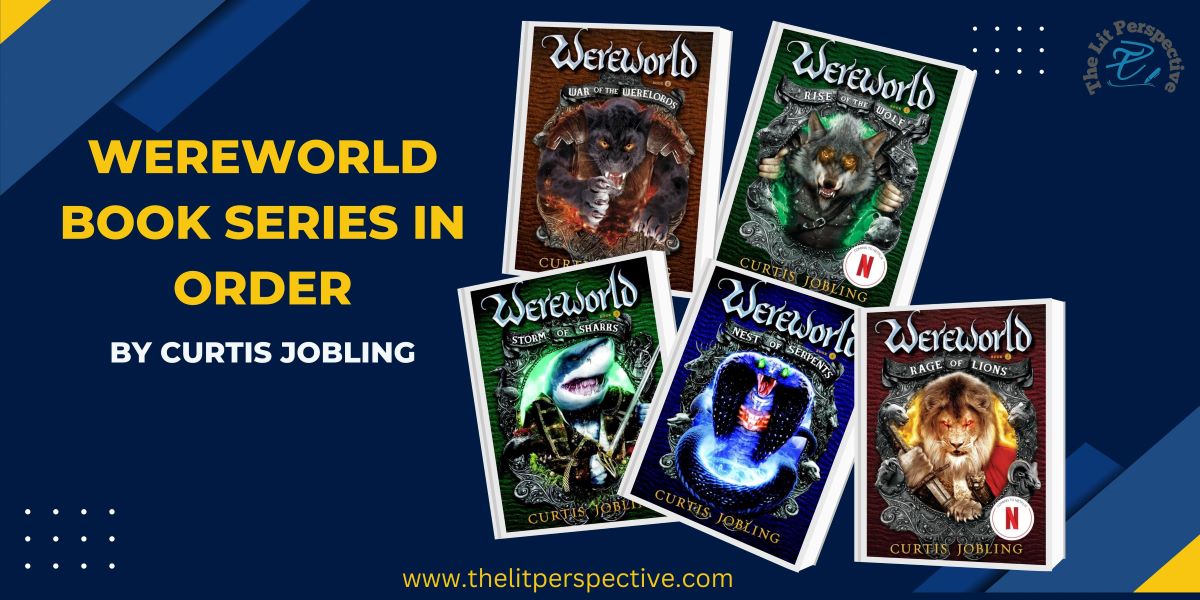TheLitPerspective is your one-stop shop for everything that ignites the spark of curiosity within you.
10 Sci-Fi Books That Will Change How You See the Universe
Science fiction (sci-fi) has a unique power to expand the boundaries of our imagination.
It can make us question what we know, challenge our views, and provide new perspectives on the world and beyond.
If you want to look at the universe differently, reading the right books can help shift your mindset.
These 10 sci-fi books will alter how you think about space, time, technology, and humanity’s place in the cosmos.
Whether you are a seasoned sci-fi fan or new to the genre, these novels will open your mind to the infinite possibilities of the universe.
1. “The Three-Body Problem” by Liu Cixin
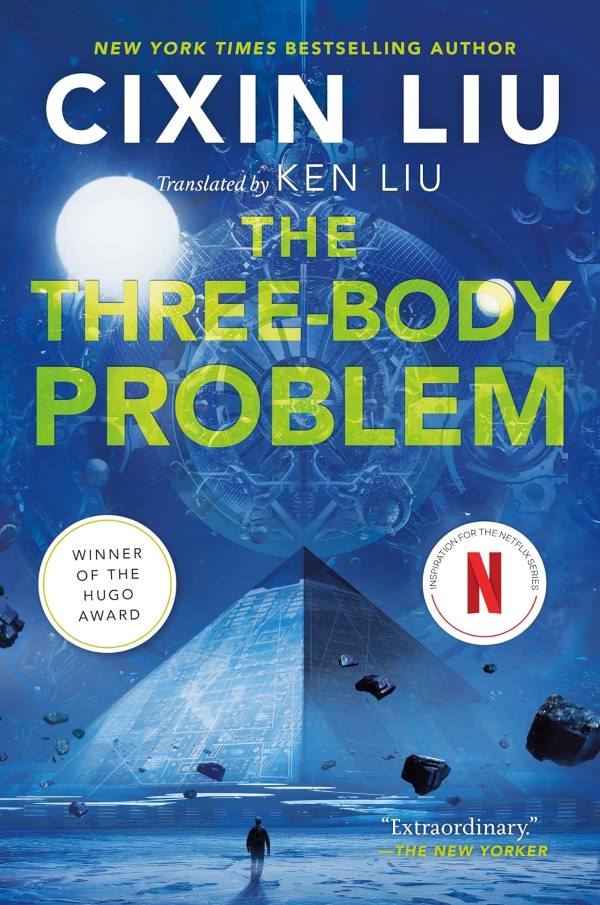
Liu Cixin’s The Three-Body Problem is a monumental work of science fiction that takes a hard look at the intersection of humanity and alien civilizations. The book explores the potential consequences of first contact, and the possibility of humanity facing extinction. The idea of alien civilizations with technology far beyond ours makes us rethink our place in the universe.
Key Themes: Alien life, technological evolution, existential risk
Why It’s Impactful: This novel shows how contact with a superior alien race might not be the hopeful “contact” many expect. Instead, it might lead to existential risks for humanity, forcing us to reconsider the fragility of our civilization in the cosmic scheme.
Read also: Science Fiction Book Recommendations for 2024
2. “Dune” by Frank Herbert
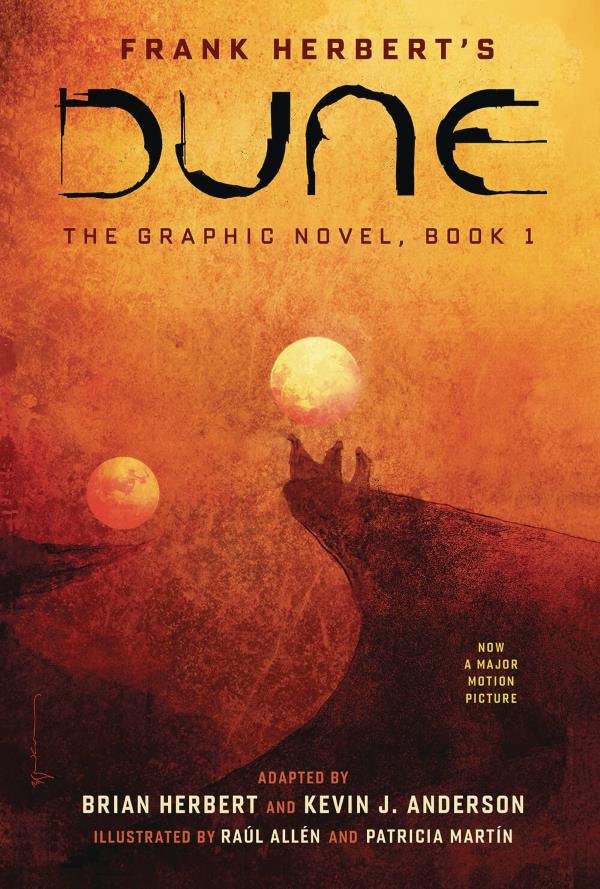
Frank Herbert’s Dune is a classic that not only offers a vivid look at a distant future, but also invites readers to question power, politics, and ecology. Set on the desert planet of Arrakis, this book explores themes of resource scarcity, intergalactic war, and human survival in extreme environments.
Key Themes: Politics, ecology, power dynamics, religion
Why It’s Impactful: Dune introduces a unique view of how human civilizations could evolve based on their environments, resources, and political structures. It forces readers to think about the future of humanity and how we might shape it.
3. “The Left Hand of Darkness” by Ursula K. Le Guin
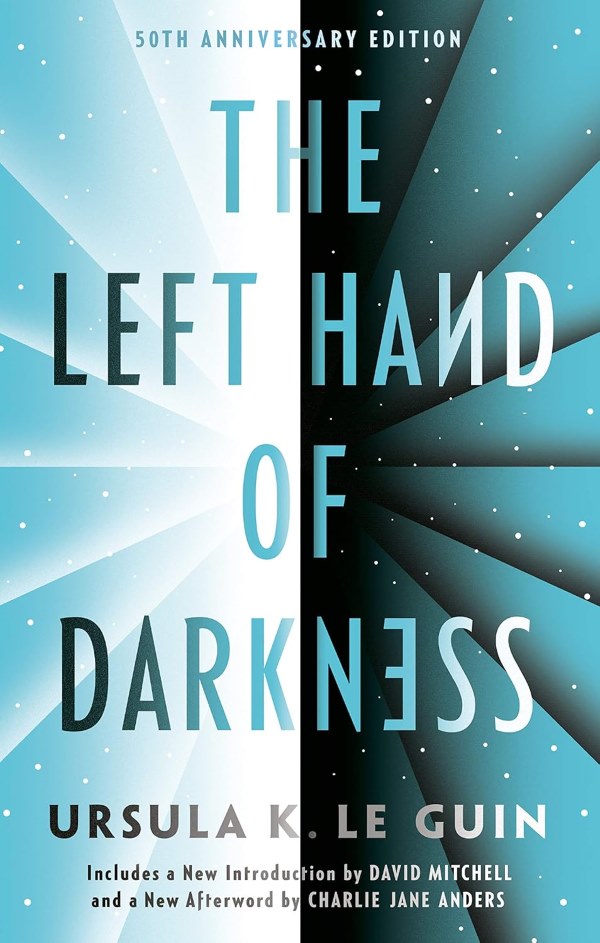
Ursula K. Le Guin’s The Left Hand of Darkness is a groundbreaking novel that explores gender and identity. Set on the planet Gethen, where the inhabitants have no fixed sex, this novel challenges readers to think beyond traditional gender norms and consider the fluidity of identity.
Key Themes: Gender, identity, culture, society
Why It’s Impactful: Le Guin’s exploration of a society where gender is not fixed pushes readers to rethink their assumptions about gender roles. It forces us to consider the influence of biological and social factors in shaping our understanding of identity.
4. “Hyperion” by Dan Simmons
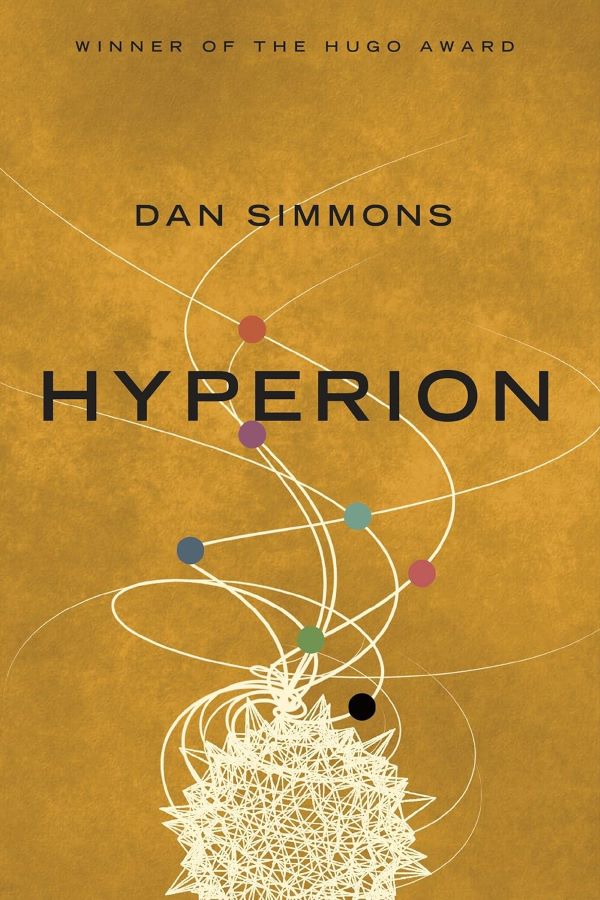
Hyperion by Dan Simmons is a mind-bending sci-fi epic set in a distant future where humanity has spread across the galaxy. The novel is structured as a series of stories told by different characters, each of whom is on a pilgrimage to the mysterious planet Hyperion.
Key Themes: Time travel, artificial intelligence, religion
Why It’s Impactful: The novel’s non-linear narrative and exploration of time travel, AI, and human destiny challenge readers to think about the nature of time and existence itself. It offers a profound meditation on the human condition, technology, and spirituality.
Read also: 50 Best Science Fiction Books for Beginners (A must Read)
5. “The Dispossessed” by Ursula K. Le Guin
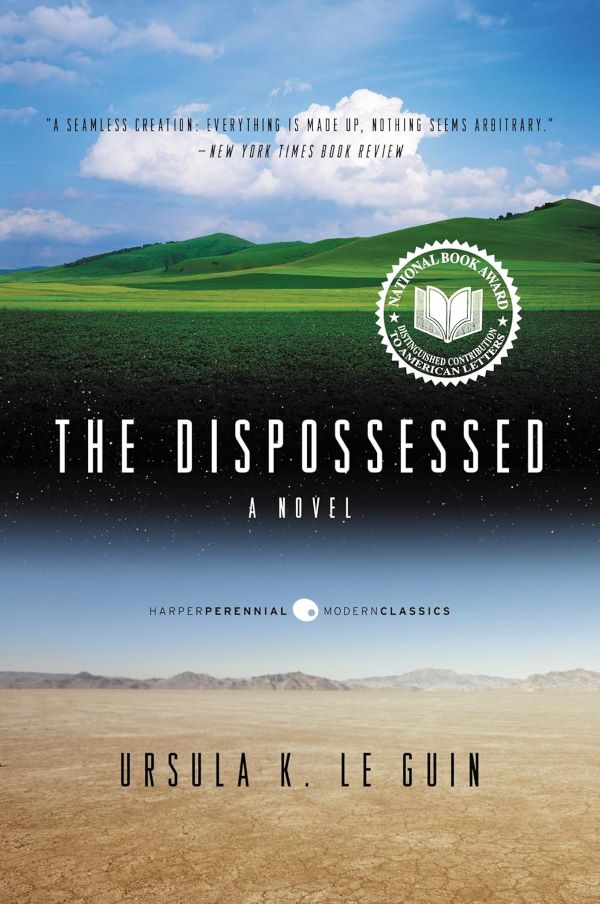
Another masterpiece by Ursula K. Le Guin, The Dispossessed examines the concept of utopia. The story takes place on two planets: one that embraces a capitalist society and another that follows a strict anarchist system.
Key Themes: Utopia, capitalism vs. socialism, freedom
Why It’s Impactful: Le Guin invites readers to think critically about the nature of society and governance, questioning what is truly “free” and whether any system can achieve an ideal state. It challenges us to reflect on political and economic systems and their impacts on individuals.
6. “2001: A Space Odyssey” by Arthur C. Clarke
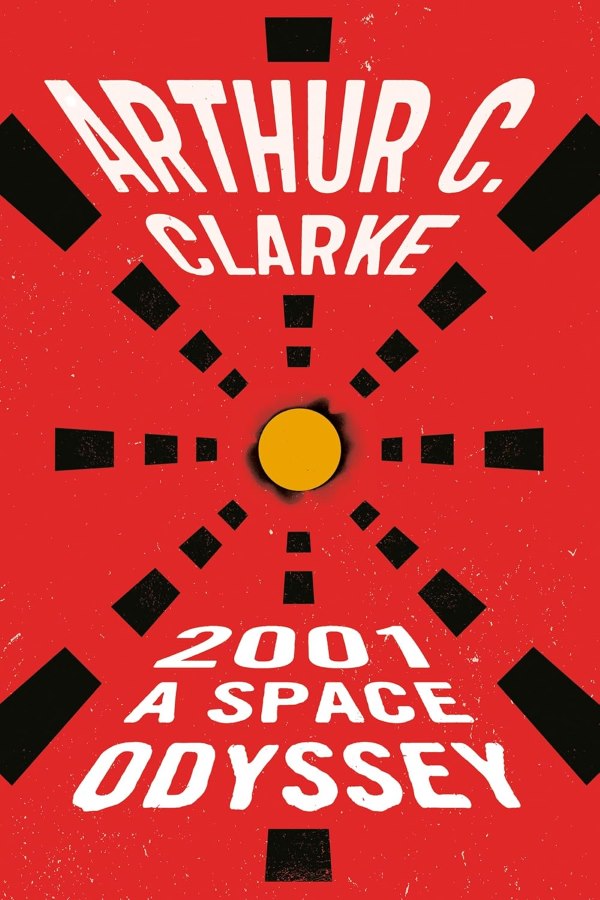
Arthur C. Clarke’s 2001: A Space Odyssey is a must-read for anyone interested in space exploration and the possibility of extraterrestrial intelligence. The novel delves into the origins of humanity, the potential of AI, and the search for life beyond Earth.
Key Themes: Artificial intelligence, space exploration, extraterrestrial life
Why It’s Impactful: Clarke’s novel compels readers to consider the unknown possibilities of space. The idea of encountering an advanced alien intelligence raises important questions about our role in the universe and how we might interact with beings far more advanced than us.
7. “Foundation” by Isaac Asimov
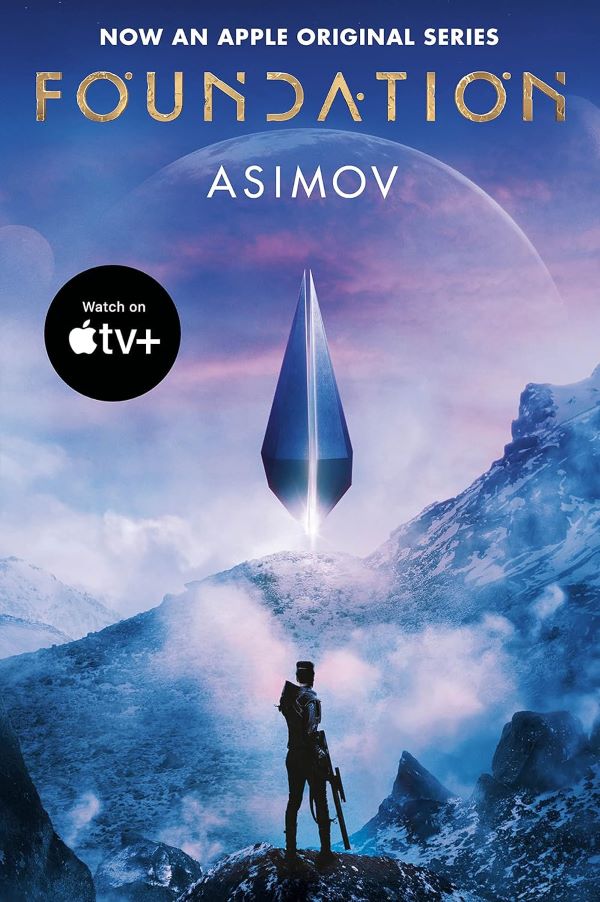
Isaac Asimov’s Foundation series is a grand vision of the future, where humanity has spread across the galaxy and established an interstellar empire. Asimov’s work focuses on the science of psychohistory, a method of predicting the future using mathematics and statistics.
Key Themes: Predictive science, empire, human behavior
Why It’s Impactful: The novel forces readers to consider the role of science and data in shaping history. It presents an interesting question: Can we predict and control the future? Foundation provides a vision of a universe governed by scientific principles that might one day be accessible to humanity.
8. “Snow Crash” by Neal Stephenson
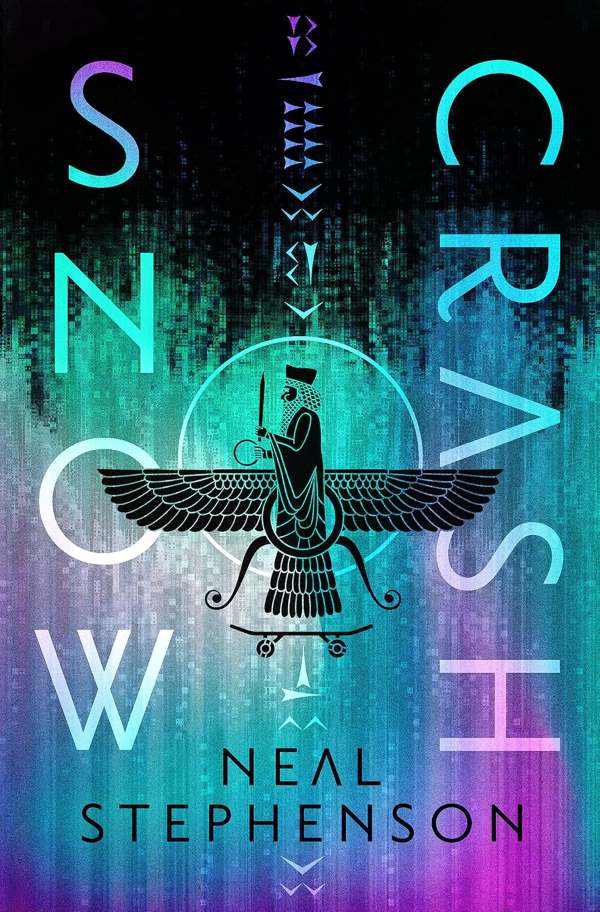
Neal Stephenson’s Snow Crash is a fast-paced cyberpunk novel that explores the effects of virtual reality, technology, and information on society. The novel is set in a world where corporations have replaced governments, and individuals navigate a digital landscape known as the Metaverse.
Key Themes: Virtual reality, digital worlds, corporate control
Why It’s Impactful: Snow Crash imagines a future where the digital and physical worlds are deeply intertwined. It offers a chilling look at the potential for technology to shape and control society, forcing readers to reflect on the future of the internet, privacy, and personal freedom.
Read also: 50 Mind-Blowing Classic Sci-Fi Books to Read You Can’t Afford to Miss!
9. “Contact” by Carl Sagan
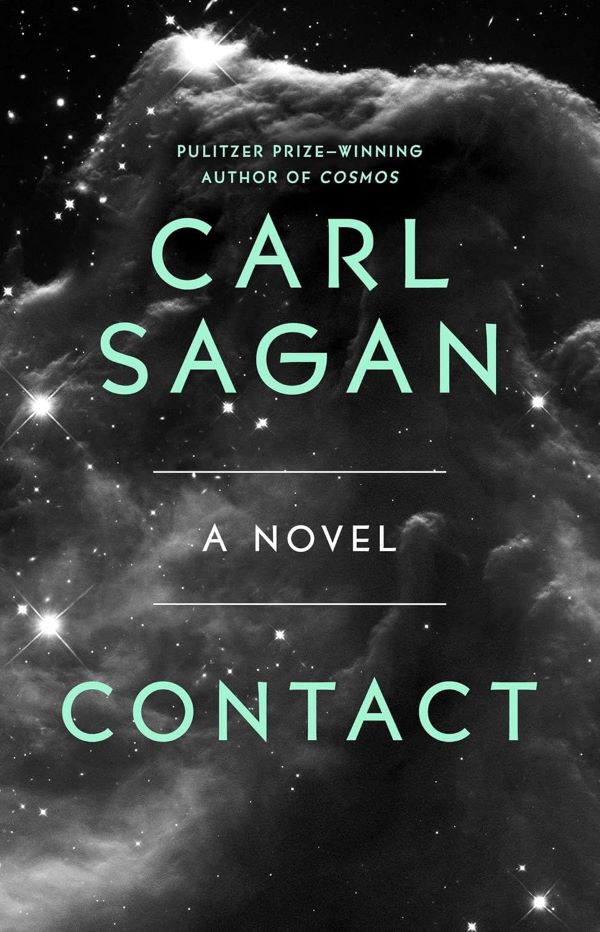
Carl Sagan’s Contact is one of the most famous sci-fi novels that explores the possibility of communication with extraterrestrial life. The story follows a scientist, Ellie Arroway, who discovers a signal from an alien civilization and begins to decode it.
Key Themes: Extraterrestrial communication, science, religion
Why It’s Impactful: The novel delves into the tension between science and religion, showing how both can influence our understanding of the universe. It also explores humanity’s first contact with alien life, encouraging readers to think about what we would do if we made contact with another civilization.
10. “The Stars My Destination” by Alfred Bester
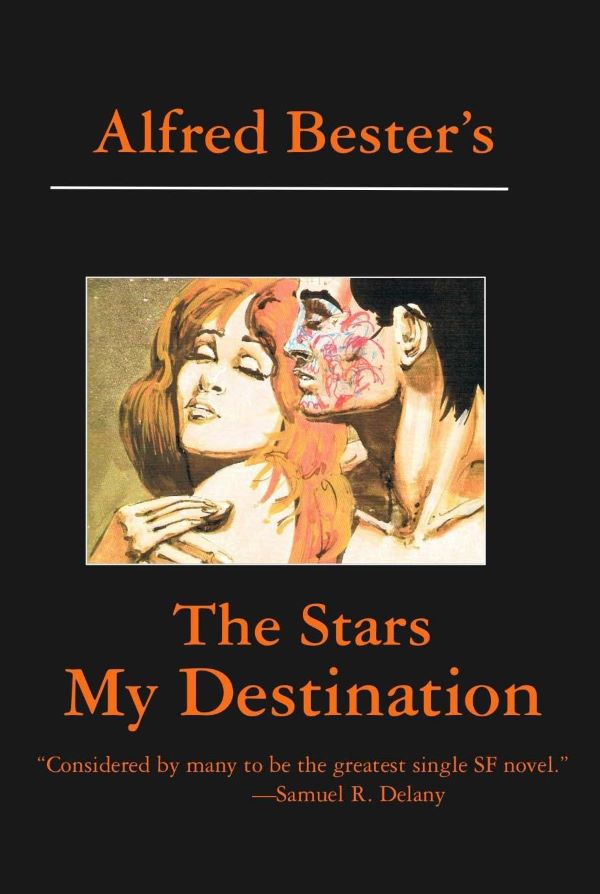
Alfred Bester’s The Stars My Destination is a classic of space opera, combining elements of revenge, justice, and personal transformation. The novel follows Gully Foyle, a man driven by revenge after being left for dead in space.
Key Themes: Revenge, justice, space exploration, human will
Why It’s Impactful: The novel explores the limits of human determination and willpower, challenging readers to consider what lengths we might go to in order to achieve our goals. It’s a compelling story that makes us think about the resilience of the human spirit and its ability to adapt and overcome obstacles.
FAQs
1. What are the best sci-fi books for beginners?
Some great starting points include The Left Hand of Darkness by Ursula K. Le Guin, Dune by Frank Herbert, and The Three-Body Problem by Liu Cixin. These books introduce deep concepts while remaining accessible to newcomers.
2. Are these sci-fi books good for discussing deep philosophical topics?
Yes, many of these books tackle questions about society, identity, and the future of humanity. The Left Hand of Darkness and The Dispossessed offer especially thought-provoking insights into societal structure and human nature.
3. Can reading sci-fi change how I think about science and technology?
Absolutely. Books like 2001: A Space Odyssey and Snow Crash explore the implications of advanced technology and AI, urging readers to reflect on the ethical and philosophical challenges these technologies pose.
4. How do these books relate to real-world science?
Many sci-fi books, including Contact and The Three-Body Problem, base their ideas on actual scientific theories and research. They often explore what might happen if certain scientific principles or breakthroughs were taken to their extremes.
5. Why should I read these sci-fi books?
These books challenge your understanding of the universe, push your boundaries of imagination, and encourage you to think critically about technology, society, and our place in the cosmos. They’re not just entertaining—they can expand your worldview.
Conclusion
These 10 sci-fi books will not only entertain you but also transform how you see the universe. Whether they make you rethink our place in the cosmos, challenge your assumptions about humanity, or show you the potential consequences of advanced technology, these novels are essential reading for anyone interested in science, philosophy, and the future.
Ready to expand your mind? Pick up one of these books and embark on a journey that could change everything you thought you knew about the universe.
TheLitPerspective is your one-stop shop for everything that ignites the spark of curiosity within you.
